I want to make it clear that I have sat in on several excellent doctoral defenses (not including mine) that were informative celebrations. Fawn's defense was a completely different experience. Fawn's presentation not only covered the project of her research, it began to critique her own product. She had clearly spent the two weeks since she had turned the finished work over to the committee examining the limitations of her research. In most cases she had accurately anticipated our question--not concerns mind you--just ideas we wanted to discuss. The defense was an enlightening experience. I am not at all surprised that Fawn found and excellent job. I am also not surprised that teachers in her area would seek her to help with collaborative projects.
Reading Race Alongside our Students: Ghost Boys in a Rural Middle School Written by Fawn Canady
Featuring the Work of Jessica Gentzler and Sarah Deering
(From the dedication of Ghost Boys, by Jewell Parker Rhodes)
Ghost Boys is the story of Jerome, a young black boy with a toy gun who is shot and killed by a police officer who “feared for his life.” But that is both the beginning and the continuation of a story that is sadly all too familiar. Jerome is not able to move on from this world and is visited by Emmet Till and other ghost boys– Black boys who died too young because of racial violence. A heartbreaking distortion of Peter Pan, which is a motif used throughout the book of children robbed of the chance to grow up. Like the other ghost boys, Jerome must bear witness: “Everyone needs their story heard. Felt. We honor each other. Connect across time,” Emmet tells Jerome. And who is the only person that can see Jerome? Communicate with him? The officer’s daughter, Sarah. Why? Because as Rhodes tells us, “Jerome says, ‘Only the living can make the world better.’”
Just a few months ago, a forwarded email came through my inbox: “Book Club PBL opportunity?” It was from Jessica Glentzer, a middle school English teacher, who with Sarah Deering, the social studies teacher, was preparing to conduct an interdisciplinary, project-based learning unit centered on middle-level YA books on race and implicit bias. Because of the constraints of remote instruction, including limited class time with students each week, they were writing to enlist the help of college students from Sonoma State’s School of Education to read alongside students in Zoom book clubs. They sought students who could model the following skills: a) strong reading and inquiry skills, b) constructive discourse, c) being able to speak about personal experiences around bias/racial tensions and social justice, and d) brainstorm ideas for projects to “build ELA skills, but more importantly empathy...and social awareness.” The email ended with, “I look forward to hearing from you!”
I jumped at the chance to give my teacher candidates (TCs) more interactions with kids. I am an assistant professor of Adolescent and Digital Literacies at Sonoma State University. One of my primary roles is to prepare secondary English teachers. Our pre-service teachers are currently in virtual placements but have only limited time with students. Some of my TCs only see students for two 30 minute synchronous sessions a week. Interactions with students was an unexpected gift. What’s more, the TCs didn’t have to prepare lessons: their role was to enjoy the book with the students and model what it looked like to be engaged readers. It was a great opportunity to learn more about how students interact with books, what they know and can do with literature. Lastly, Jessica and Sarah’s objectives for the book clubs also align with our critical work at SSU. Advancing justice is literally part of our mission and vision, and is integral to our teacher preparation courses across disciplines. Ghost Boys became required reading in my English methods course. Jessica and Sarah secured a grant to buy a copy for each of their students.
- Sherman Alexie’s “Why the Best Kids Books Are Written in Blood”
- Ghost Boys author, Jewell Parker Rhodes on her Inspiration for Ghost Boys, in which she tells the story of being approached to tell a story about young men of color assaulted because of racism or racial bias. Rhode’s immediate response? “No. No way.” Watch to see why she changed her mind and find out how she approached writing the novel so that she could tell the story.
- Ashley S. Boyd and Jacinda Miller’s “Let’s Give Them Something to Talk (And Act!) About: Privilege, Racism, and Oppression in the Middle School Classroom.” This article was the topic of the NWP Marginal Syllabus and examines how to engage students in discourse about race and privilege.
- “The Unbearable Darkness of YA Literature” by Steve Salerno who supposedly attended the YA Summit at the University of Las Vegas in 2018. In this article, he reduces the “socially aware” books featured at the Summit as books on “sexual abuse, dysphoria, racism, gang life, domestic violence and school shootings” and wonders what’s happened to young adult literature.
- Followed by “Finding Light and Hope in Young Adult Literature: A Response to the WSJ’s Unbearable Darkness and Misappropriated Commentary” written by YA author Chris Crutcher, Kelsey Claus, Amanda Melilli, Kia Richmond, Stephanie Toliver, Louse Freeman, and with final remarks by Steve Bickmore. These responses were a forceful counterpoint from authors, librarians, scholars, and teachers to Salerno’s piece.
Jessica and Sarah did a lot of work setting up students. For example, they started with A Look at Race Relations through Children’s Eyes, research conducted by CNN that, in the same vein as Alexie’s piece, found that young children are aware of race and racial bias at an early age. They do think about and experience racism– and they pick up on cues from adults and society at an early age. Students used a Padlet as space for students to post questions for book clubs using Costa’s Levels of Questioning. The students created art, wrote and recorded multimodal reversal poems, and created found word poems like the two below, in which students literally lift words from the page and arrange them:
Bear witness
Maybe remember me?
More beautiful than I ever thought
The dead are close
She lights candles
We were a threat, a danger, a menace.
Black people were killed.
Tell this tale
Again
Bullying
Prejudice
Scared
Brace myself
For pushing
I run
Everyone gets scared sometimes
It could have been you
Ghost Boys Reversal Poem 7th Grade Student
And I refused to believe that
I'm happy.
I realize this may be a shock, but
I had a good life is a lie
people of color are hated.
In 30 years, I will tell my children that
I have my priorities straight because
race is more important than personality.
And I tell you this,
once upon a time,
we were created equal,
but this will not be true in my era.
People of color are discriminated against.
Experts tell me, people are treated the same.
I do not conclude that everyone’s born the same,
It will be evident that
In the future, everyone will be treated differently.
No longer can it be said that we're all just human.
It is foolish to presume that we are all the same.
And all of this will continue
unless we reverse it.
-----------------------------------------------------------------------------------
We are all the same.
We are just humans.
No longer can it be said that
everyone will be treated differently.
In the future,
everyone's going to have the same advantages
and not conclude that people are treated the same.
And experts tell me,
people of color are discriminated against.
But this will not be true in my era.
We were created equal once upon a time.
And I tell you this,
personality is more important than race.
I have my priorities straight
because in 30 years
I will tell my children that people of color are heeded.
It is why I had a good life.
I realize this may not be a shock, but
I'm happy.
And I refuse to believe that
I'm a bad person.
“I have to say that after reading the book, I would recommend this as a ELA (sic) required reading. If you had asked me this in the first survey we took on Ghost Boys, I would have said no after reading just Jerome's death. If you can't already tell, I take everything I read to heart (I have tried and I can't read books like Anne Frank or Old Yeller), but this book really made me want to "live and make it better." I think it inspired others too.”
End with other books (images) I’d love to teach alongside:
- Stamped
- Monday’s Not Coming by Tiffany D. Jackson
- Dear Martin
- Black Enough: Stories of Being Young and Black in America
- Out of Darkness
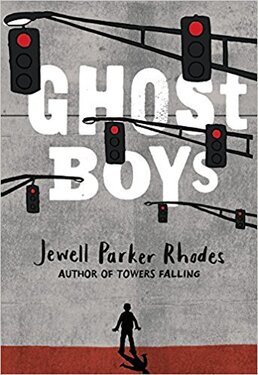
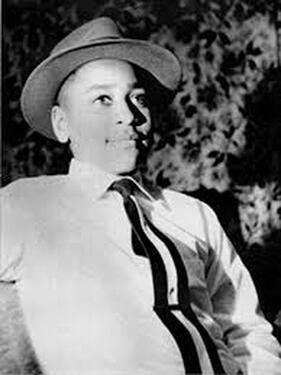
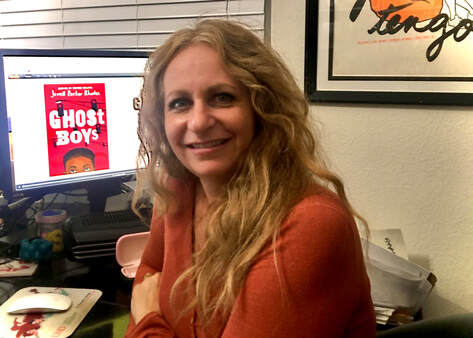
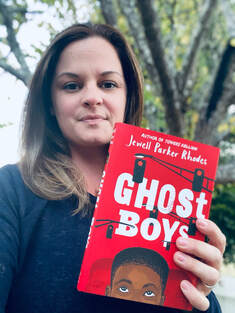
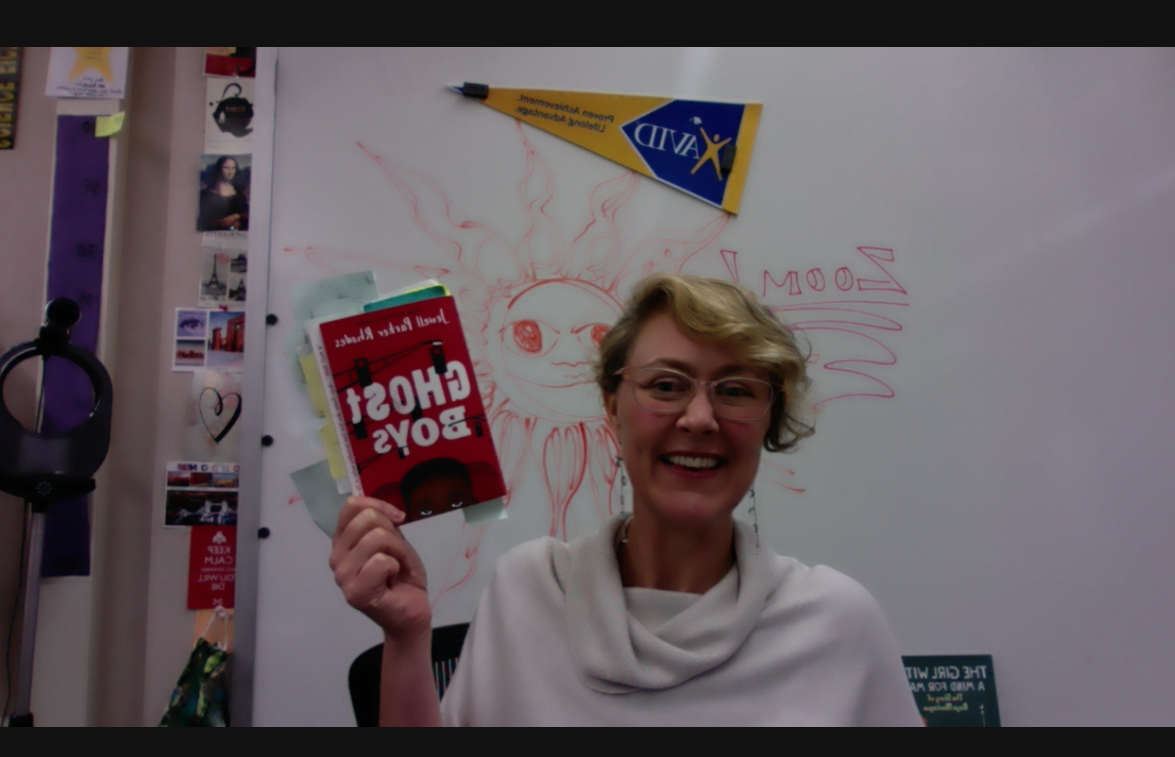
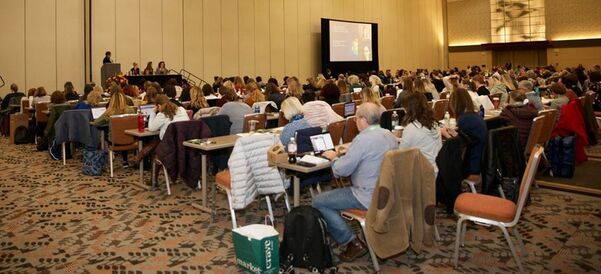
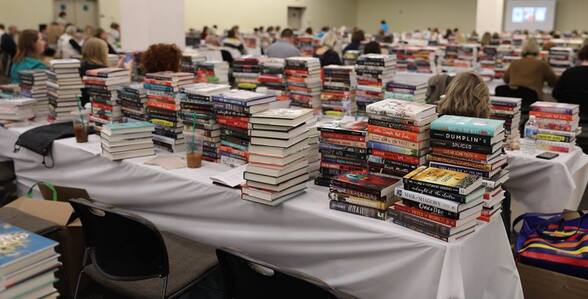
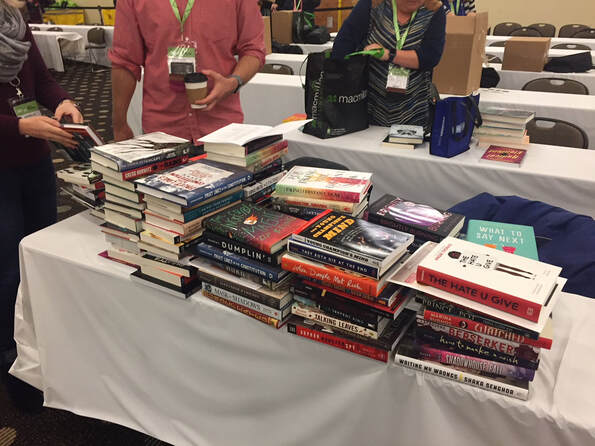
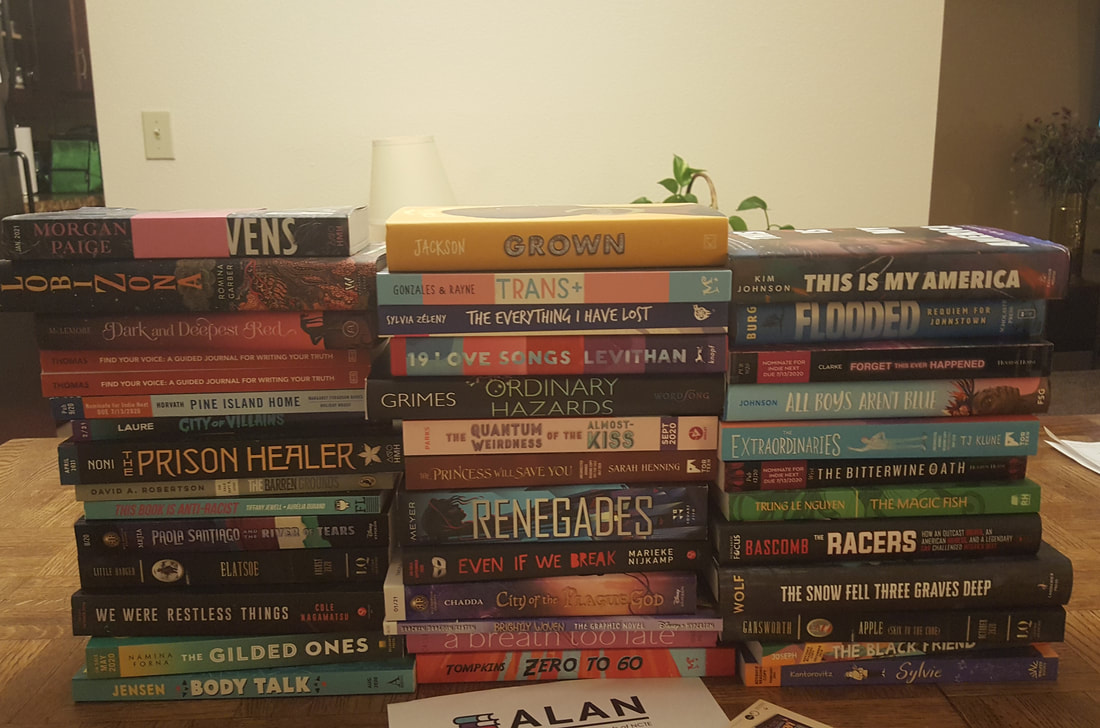
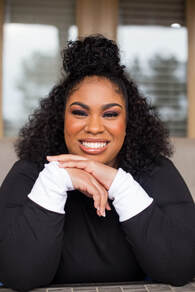
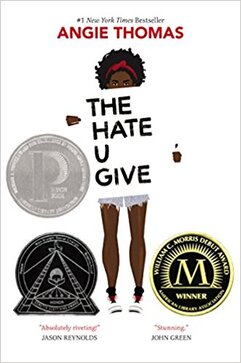
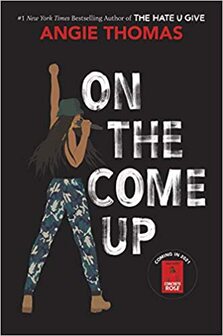
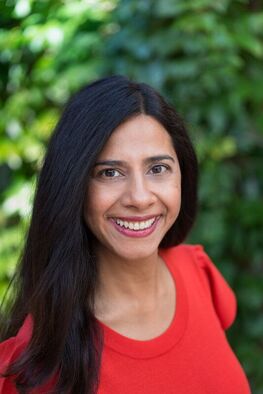
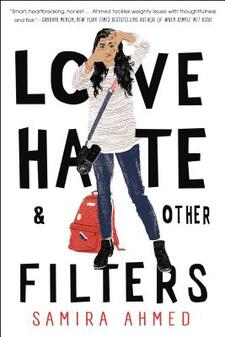
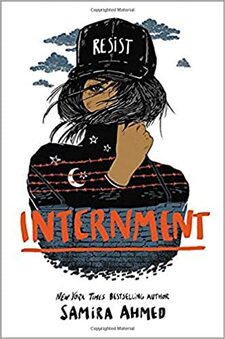
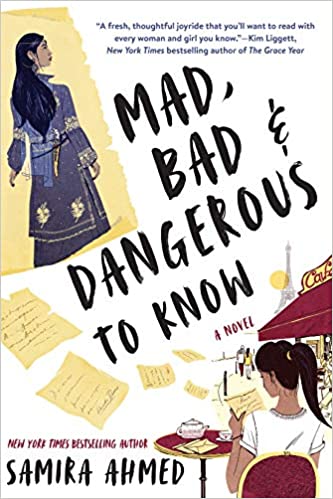
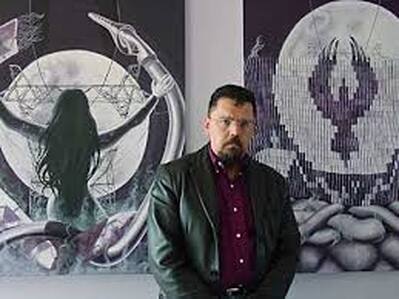
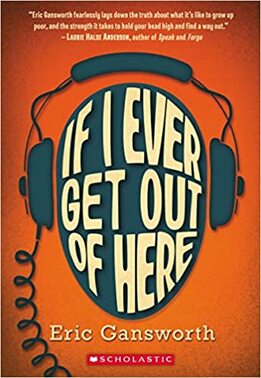
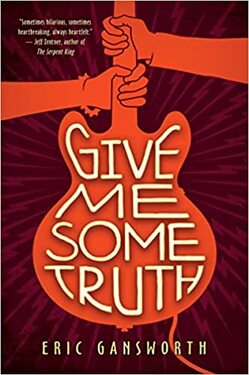
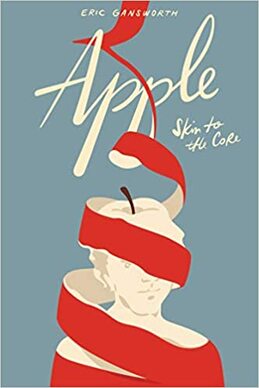

 RSS Feed
RSS Feed